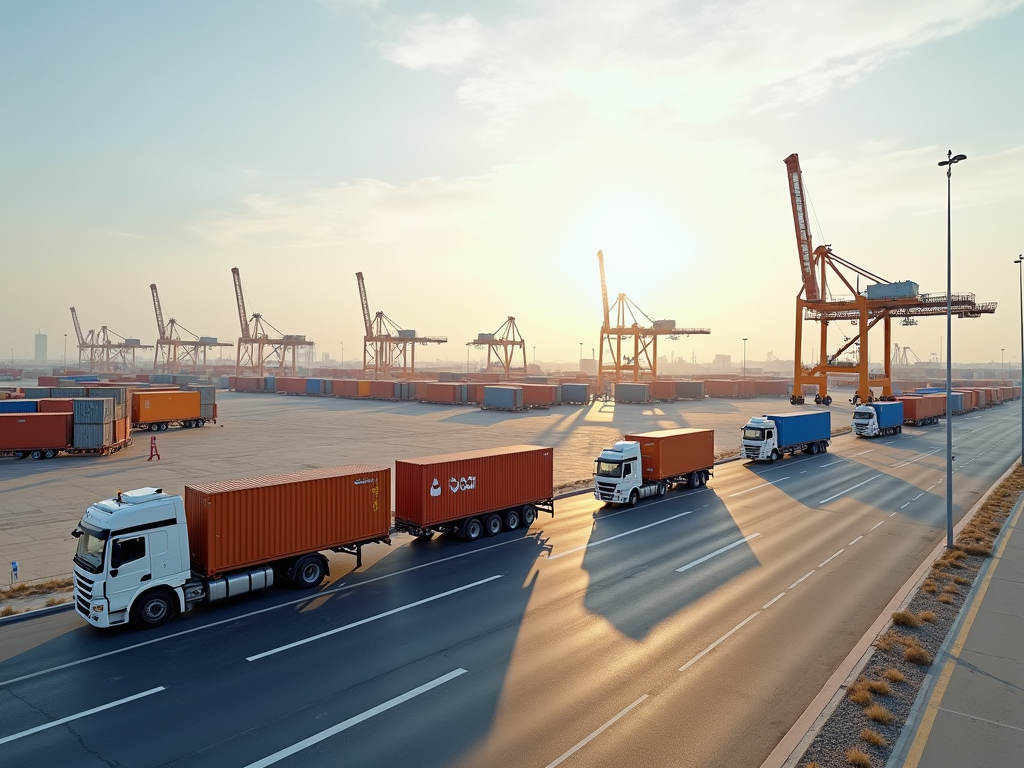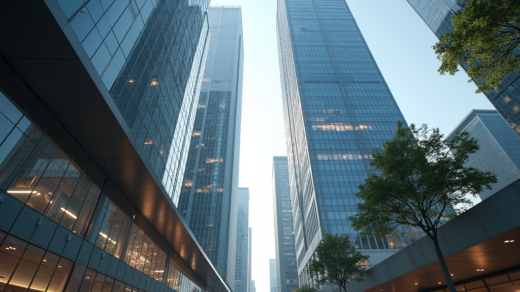Dubai’s Economic Free Zones play a pivotal role in fostering business growth by providing a conducive environment for companies to thrive. These zones are designed to attract foreign investment, facilitating trade and commerce while offering numerous benefits tailored to various industries. In this article, we will explore how these free zones contribute to business expansion, the advantages they provide, and the diverse sectors that flourish within this innovative ecosystem.
Understanding Dubai’s Economic Free Zones

Dubai hosts over 30 Economic Free Zones, each with unique features that cater to specific industries and business needs. These zones operate under a separate regulatory framework, allowing businesses to enjoy 100% foreign ownership, full profit repatriation, and exemption from corporate taxes for a defined period. Such an attractive setup is particularly appealing to international investors looking to establish a foothold in the Middle East market.
One of the most significant advantages of these free zones is their strategic location, which connects East and West, enabling seamless access to global markets. Furthermore, these zones are equipped with world-class infrastructure that supports various business activities, from logistics to IT solutions. The idea behind creating free zones is to stimulate economic diversification and reduce reliance on oil revenues, thus paving the way for sustainable growth.
There are several benefits to establishing a business in one of Dubai’s Economic Free Zones, most notably:
- Tax Incentives: Companies are often exempt from corporate taxes for up to 50 years, with renewal options available.
- No Import or Export Duties: This absence of cost allows businesses to maximize their profit margins.
- Flexibility in Operations: Businesses can operate on an international scale without the bureaucratic constraints often found in other regions.
- Access to a Skilled Workforce: The free zones attract global talent, facilitating recruitment of professionals across various sectors.
- State-of-the-Art Infrastructure: Free zones are equipped with cutting-edge facilities that support logistics, telecommunications, and business operations.
Key Sectors Flourishing in Free Zones

Diverse industries are represented within Dubai’s Economic Free Zones, each contributing to the emirate’s economic growth. Here are some key sectors that are thriving:
- Technology: The Dubai Internet City and Dubai Silicon Oasis are notable examples, housing tech startups and multinational corporations.
- Logistics: The Jebel Ali Free Zone offers unmatched access to shipping routes, making it a global logistics hub.
- Healthcare: The Dubai Healthcare City specializes in medical services, research, and education.
- Media: Dubai Media City provides a platform for media organizations, advertising agencies, and content creators.
- Tourism and Hospitality: The free zones play a crucial role in supporting the booming travel and tourism industry.
The Impact on the Economy
The impact of Dubai’s Economic Free Zones on the overall economy has been profound. They have attracted countless multinational corporations and start-ups, leading to job creation and greater economic diversification. Over the years, these zones have significantly contributed to the UAE’s GDP, positioning Dubai as a global business hub. Furthermore, the influx of businesses has resulted in increased consumer spending, ultimately fostering a vibrant economy.
Additionally, free zones facilitate knowledge transfer and innovation, allowing local businesses to learn from international practices. Collaborations between local and foreign entities enable the exchange of ideas and resources, driving technological developments and enhancing competitiveness. As a result, Dubai continues to evolve as a leading destination for entrepreneurs and investors alike.
Conclusion
In summary, Dubai’s Economic Free Zones are instrumental in driving business growth and economic diversification. By providing a host of attractive benefits including tax incentives, strategic locations, and world-class infrastructure, these zones have established themselves as indispensable components of Dubai’s dynamic business landscape. Their development has fostered innovation and elevated global competitiveness, securing Dubai’s status as a premier location for businesses across various industries.
Frequently Asked Questions
1. What are Economic Free Zones in Dubai?
Economic Free Zones are designated areas in Dubai that offer businesses preferential regulatory conditions, including 100% foreign ownership, tax exemptions, and no currency restrictions.
2. How many free zones are there in Dubai?
There are over 30 Economic Free Zones in Dubai, each tailored to cater to different sectors such as technology, healthcare, logistics, and media.
3. What sectors benefit the most from Dubai’s free zones?
Key sectors benefiting from Dubai’s free zones include technology, logistics, healthcare, media, and tourism and hospitality.
4. Can foreign businesses fully operate in these Free Zones?
Yes, foreign businesses can operate with 100% ownership and full profit repatriation within these zones.
5. How do free zones contribute to Dubai’s economy?
Free zones contribute significantly by attracting foreign investment, creating job opportunities, promoting economic diversification, and fostering innovation.


